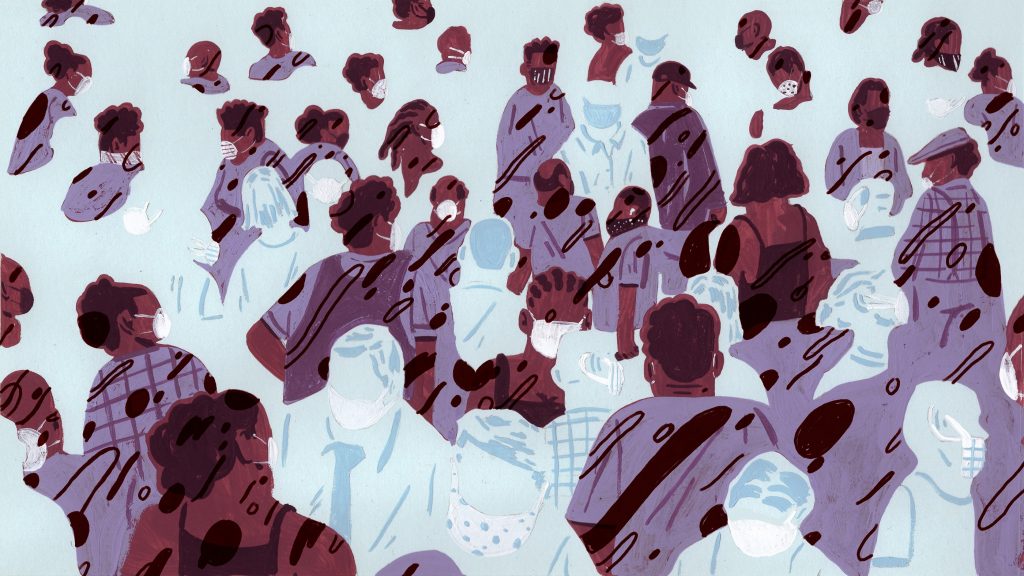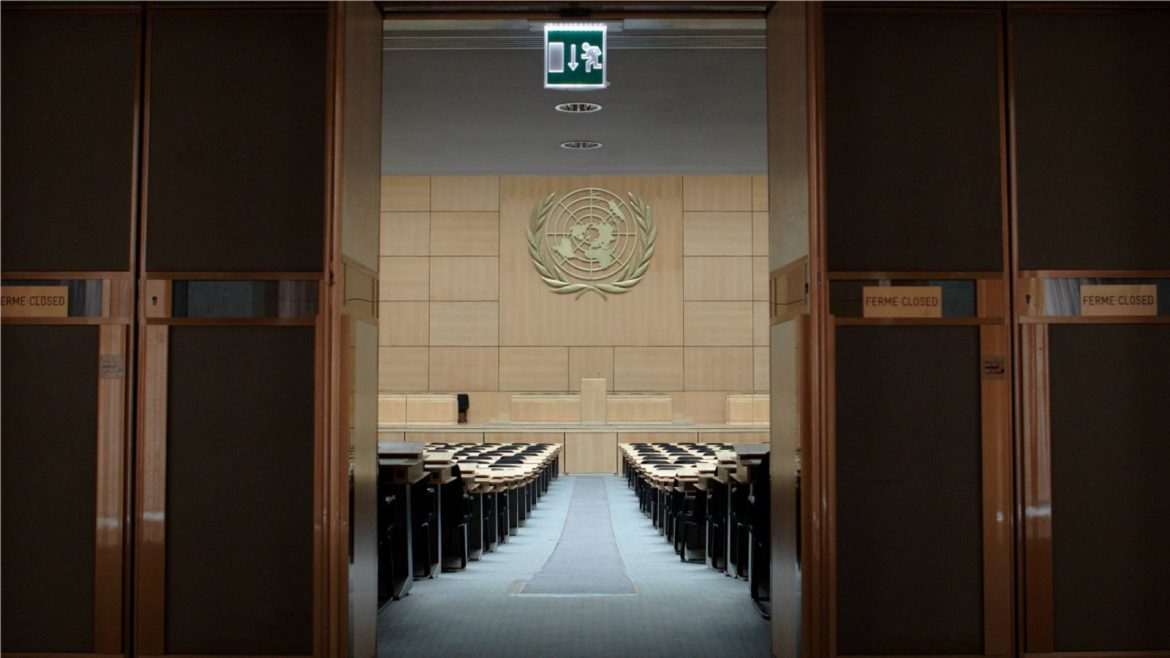Over the last 20 years, I’ve often been gripped by the existential question: How does this unbelievably dysfunctional culture and society continue to function, much less do as well as it does economically? Now I have my answer—it was running on fumes, and the pandemic has brought about its collapse.
Of course denial still rules, perhaps even more among progressives than conservatives. The people are intact, the culture isn’t rotten to the core, and the body politic is sufficiently healthy to rid itself of the Trumpian virus, they believe. I call it the Paul Krugman delusion.
Krugman, the Nobel Laureate economist and New York Times columnist, constantly beats the drum of Republican malfeasance and criminally negligent and corrupt leadership. He shrugs off the comprehensive collapse in America, which is, if we could graph it, as inversely and perversely steep as the rise in Covid cases.

“There has been a fair bit of commentary to the effect that our failed pandemic response was deeply rooted in American culture,” Paul glibly says in his last column, “How America Lost the War on Covid-19.” “What strikes me, when looking at America’s extraordinary pandemic failure, is how top-down it all was.”
That’s not just a failure of analysis, or even a failure of imagination; it’s a failure of perception. To be sure, the Trump Administration has been a catalyst for the destruction of America as people knew it, or thought they knew it. But why do the pundits refuse to look beyond superficial economic and political rationales and ask: how did the very worst rise to the top in our supposed meritocracy?
But that question is much less pressing than this one: What is going on metaphysically with the pandemic in this godforsaken culture?
By metaphysically I mean both the nastiest, darkest undercurrents in human consciousness, as well as the most beneficial and wise currents. Even before the pandemic, I wondered if the latter exist in this culture, or even in human consciousness in our age.
I’m trying to go beyond pessimistic or optimistic attitudes and mindsets here, and see things as they are. Of course, the vast majority of putative philosophers maintain the dogma of “standpoint dependency” and dismiss the intent to see things as they are. Relativism has run amok.
The idea that all perceptions and values are “historically contingent” is the most historically contingent idea of all. Ditto “the material conditions of society determine and define disability.” No, the inward, spiritual conditions of society determine and define its ability, or disability.
Most progressive commentators piggyback onto comfortable notions of individualistic ‘perspective’ and cultural determinism, claiming, as Krugman does, that Trump is a an anomaly that reflects the degeneration of the Republican Party and the consolidation of the economic power since Reagan.
A line from Mary L. Trump’s book about the Donald comes much closer to the truth, though it cuts both ways. Waking up at 5 a.m. the morning after the 2016 election, “It felt as though 62,979,636 voters had chosen to turn this country into a macro version of my malignantly dysfunctional family.”
It took a lot more than 63 million people to produce this metaphorical plague upon the land. It took decades of enervating materialism, venerating militarism and stultifying individualism.
The Trump family is no anomaly. I grew up, as did all American males of my generation, with the Green Bay Packers Vince Lombardi’s maxim: “Winning isn’t everything; it’s the only thing.”
As Mary Trump writes, that’s simply a corollary to the Trump family philosophy: “The person with the power (no matter how arbitrarily that power was conferred or attained) got to decide what was right and wrong.”
In short, the world has long been a zero-sum death match between winners and losers to America. It’s just that until now most of the losers were outside the United States.

Given that a dead nation is by definition godforsaken, what relationship and significance does the cultural, social and political breakdown of America have for the whole, that is, humanity?
The metaphysical movement of darkness in consciousness is now undeniable, completely out in the open in America. The question is: is there a positive metaphysical movement, in the sense that nature (and by implication cosmic intelligence) has kicked out the last strut of the myth of American exceptionalism, opening the door for a new culture and civilization?
I don’t believe in silver linings, but perhaps a breakthrough in consciousness cannot occur in a self-deceiving people, only in a people whose rotten way of life has been smashed to bits.
Martin LeFevre

